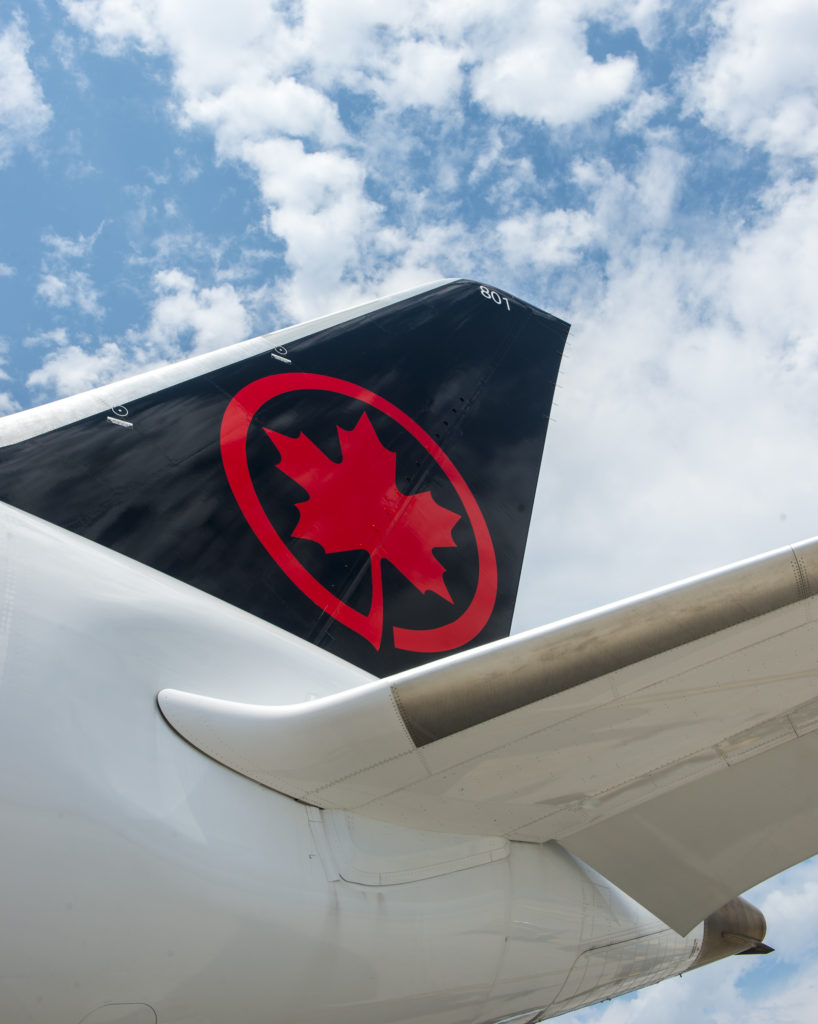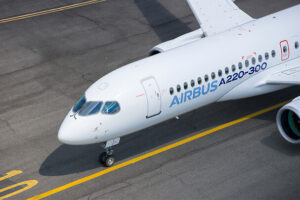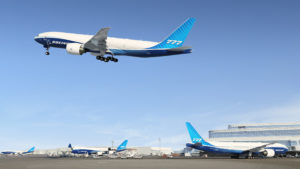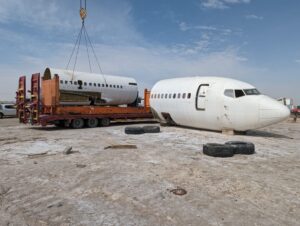Air Canada has reported first-quarter 2023 operating revenues of CA$4.887 billion, an increase of CA$2.314 billion from the same quarter in 2022, primarily from higher passenger revenues due to increased travel demand. Compared to the first quarter of 2019, operating revenues increased about 10%. Operated capacity increased about 53% from the first quarter of 2022 (about 84% of first quarter 2019 ASMs), in line with the projection provided in Air Canada’s February 17, 2023 news release.
Air Canada reported operating expenses of CA$4.904 billion which increased CA$1.781 billion or 57% from the first quarter of 2022. The increase included the impact of the year-over-year capacity increase, an increase of about 83% in passengers carried and an approximate 30% increase in jet fuel prices.
Operating loss of CA$17 million, improved from an operating loss of CA$550 million in the first quarter of 2022.
Net income of US$4 million, increased US$978 million from the first quarter of 2022. Adjusted net loss of CA$188 million improved CA$559 million from the first quarter of 2022.
Air Canada reported adjusted CASM (adjusted cost per available seat mile) of 14.52 cents improved 6.9 per cent from the first quarter of 2022. The unit cost improvement resulting from higher operated capacity was partially offset by a favourable maintenance cost adjustment of CA$159 million recorded in the first quarter of 2022. First quarter 2023 CASM of 20.38 cents increased 2.5% from the first quarter of 2022 due to significantly higher fuel prices, higher ground package costs and higher passenger service costs due to higher traffic and higher selling costs, which are largely driven by revenues.
Adjusted EBITDA of CA$411 million, with an adjusted EBITDA margin of 8.4%, improved from a negative adjusted EBITDA of CA$143 million in the first quarter of 2022.
Net cash flows from operating activities of CA$1.437 billion increased CA$1.070 billion from the first quarter of 2022. (£1.00 = CA$1.69 at time of publication).






























